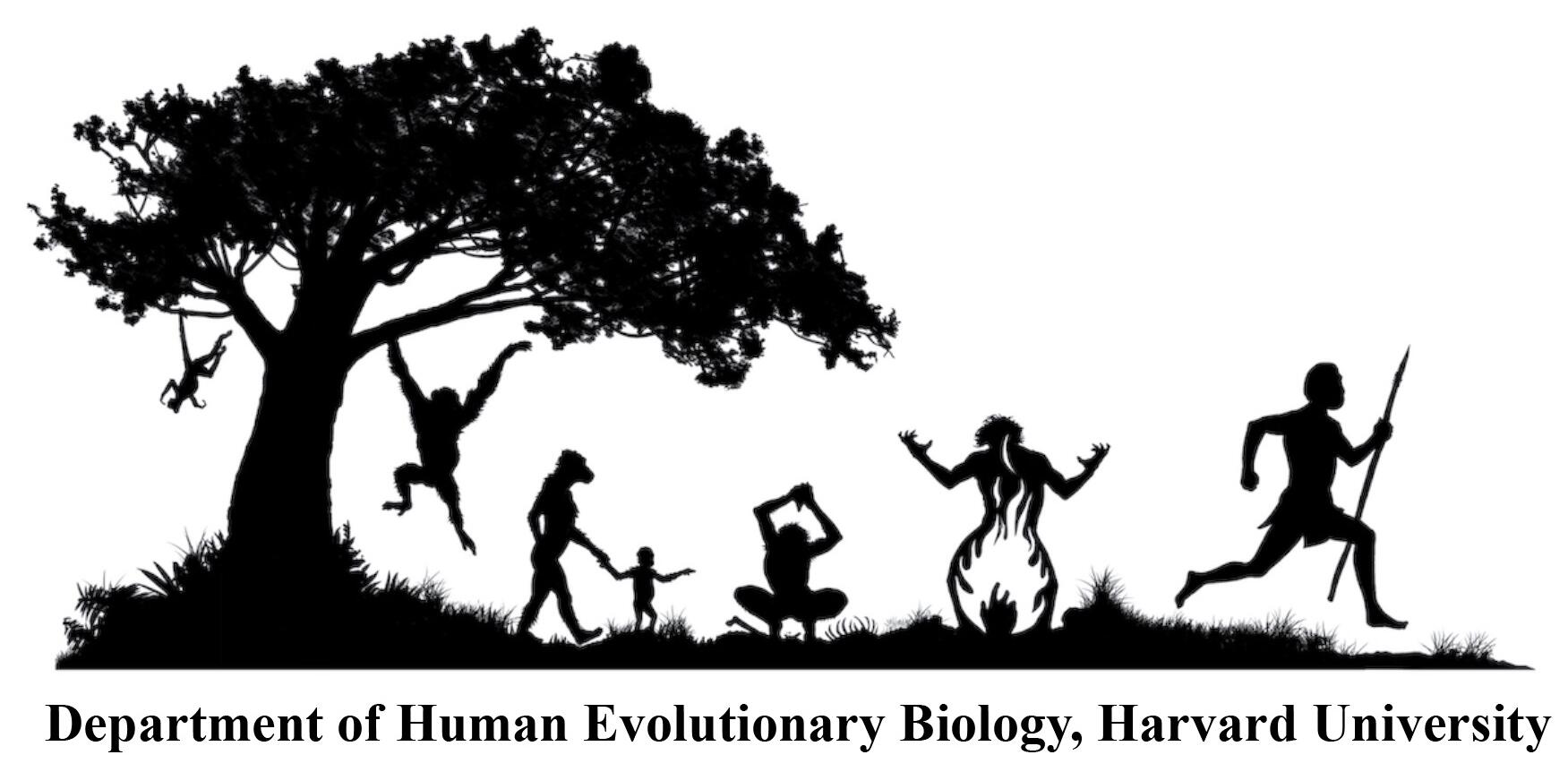Date:
Location:
Dr. Athena Aktipis (Director of Human & Social Evolution at the Center for Evolution & Cancer, University of California at San Francisco; Research Scientist, Department of Psychology, Arizona State University) will be visiting HEB to give a lecture as part of the department's fall colloquium lecture series.
The lecture is titled, "Cooperation and cheating across systems: From human sharing to multicellularity."
Abstract:
Cooperation and competition are fundamental processes that influence the organization and trajectory of systems, from humans interacting in resource dilemmas to cells interacting within multicellular bodies. Modeling, constrained by empirical findings, provides a way to test the conditions under which cooperation can thrive and those under which competition dominates. My work addresses cooperation and cheating across systems, from the emergence and maintenance of human sharing systems to the evolution of multicellular life and susceptibility to cancer. I focus especially on cooperation and cheating with regard to resource use and resource transfers across system.
I will present findings from several lines of research regarding strategies that can promote and maintain cooperation. I have shown that cooperation and defection can co-exist in dynamic equilibrium when individuals can join and leave groups in agent-based Walk Away models. In my research on need-based transfers (i.e., sharing with others based on the need of the recipient rather than strict reciprocity), I show that generous strategies can outperform more stingy ones, especially in challenging environments.
In addition to work on cooperation and cheating in humans, I will present several lines of work suggesting that cancer can be understood as a problem of cheating in the multicellular body. In cancer, certain cells of the body enhance their fitness at the expense of the organism as a whole. The evolution of multicellularity represents a highly sophisticated form of cooperation and cheater suppression. Each independent evolution of multicellularity required suppressing somatic cheating (i.e., cancer) long enough for the organism to survive and reproduce. I provide a review of somatic cheating in cancer like phenomena across the tree of life including the 6 independent branches of complex multicellularity. I focus on forms of cheating that involve resource acquisition and monopolization, including upregulated metabolism and disregulated signaling for limiting resources. I describe model results showing that resource cheating may be central to cancer evolution and progression to malignant disease.
Dr. Aktipis is a theoretical evolutionary biologist, cancer biologist and cooperation theorist who works at the intersection of these fields. Click here to visit Dr. Aktipis' webpage.
This event is free and open to the public.
